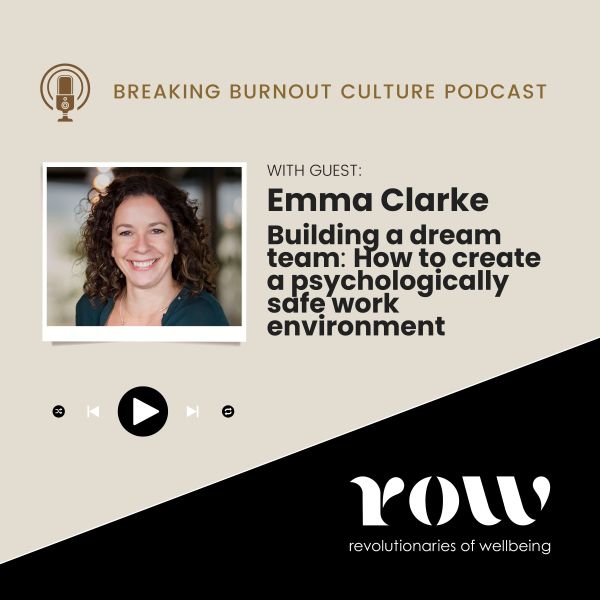As a brief synopsis: When Max Dickins contemplated proposing to his girlfriend, he found himself in an unexpected predicament—he had no one he could confidently ask to be his best man. He quickly learned that he wasn't the only man struggling with friendships.
It's an eye-opener to the fact that, on average, men tend to experience greater isolation and loneliness compared to women. Numerous global studies spanning decades have consistently affirmed that men tend to have fewer close friends, and this issue tends to exacerbate as they age.
Want to read more?
Sign in below if you're a Revolutionary (member).
Not a member yet?
Join in seconds! Just $10/month (+ any tax).
Cancel anytime.
Be a revolutionary and join now










